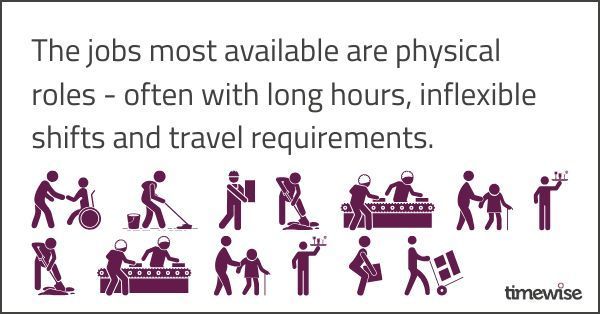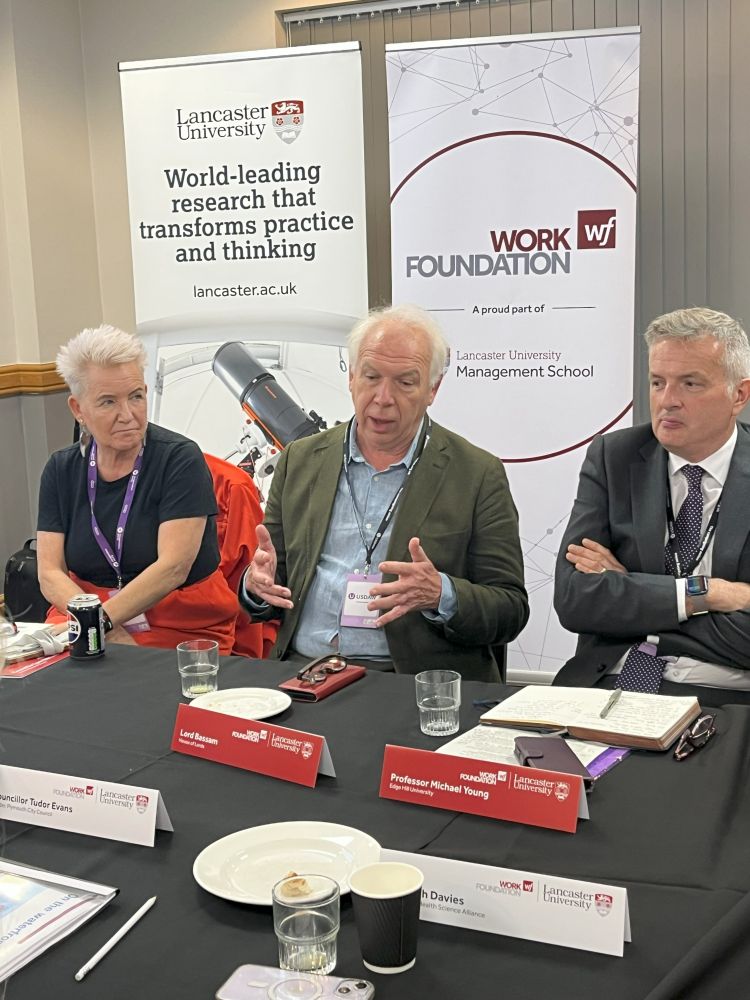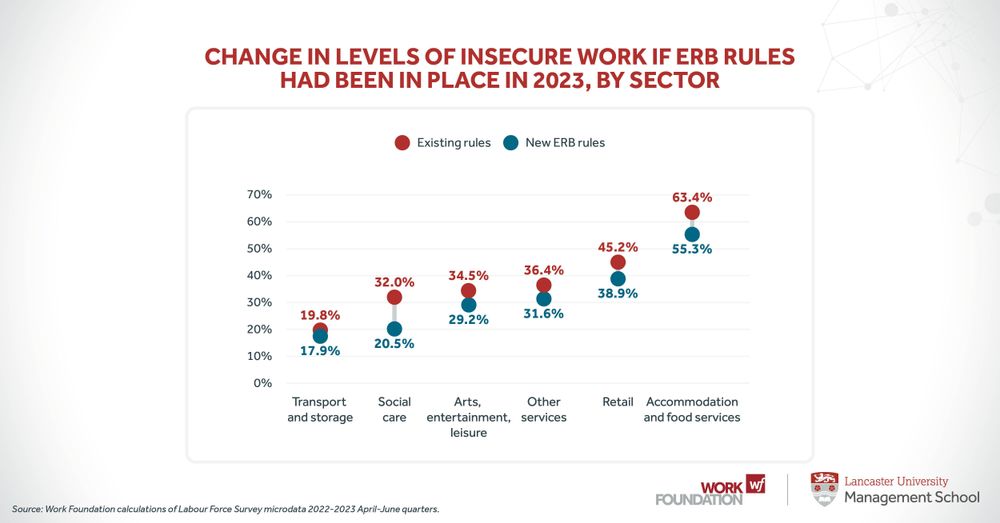Work Foundation
@workfoundation.bsky.social
250 followers
66 following
430 posts
The Work Foundation is a leading think tank for improving work in the UK. Part of Lancaster University Management School.
Posts
Media
Videos
Starter Packs



























